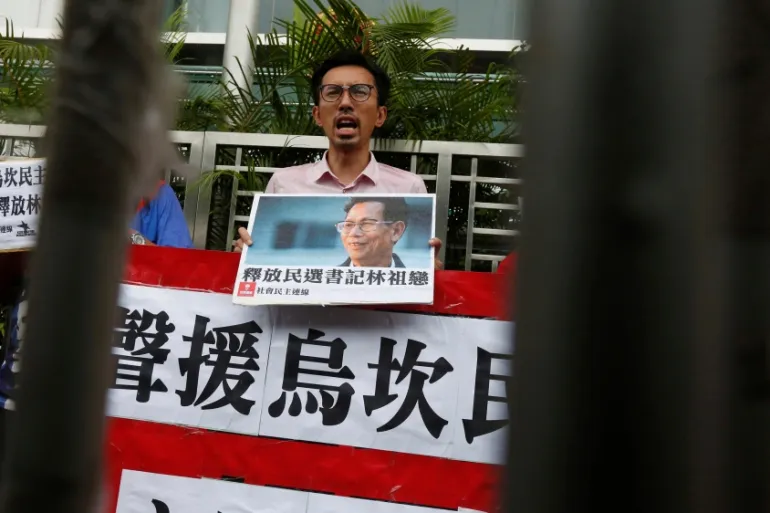Wukan, a small village in Guangdong Province, China, has etched itself into the annals of history as a symbol of resistance and grassroots democracy. The Wukan protests of 2011, spurred by a series of land disputes and perceived corruption by local officials, marked a turning point for the rural Chinese political landscape. However, the true legacy of the Wukan people lies not just in their fight against land grabs, but in their long-standing pursuit of justice, democracy, and the preservation of their community’s integrity.
The history of Wukan is one of collective action against perceived injustice. For years, local farmers had faced land seizures by government officials, often without proper compensation. These actions ignited the flames of protest, leading to widespread public outcry. When the tragic death of a protest leader in detention in late 2011 escalated tensions, the people of Wukan mobilized, standing united against the government.
What set Wukan apart from other protests in China was its commitment to democratic principles. The villagers, emboldened by their demands for fair compensation, organized an election for their village leaders. This was an unprecedented move—local elections had long been controlled by the Communist Party. The Wukan election, which took place in 2012, became a beacon of hope for pro-democracy advocates both in China and abroad, demonstrating that, even under the watchful eyes of the central government, grassroots democracy could take root.
While the Wukan protests were quashed by the authorities, the village’s struggle highlighted deep-seated frustrations with China’s local governance system. In the wake of the protest, the Chinese government promised to investigate the corruption claims, and some land was returned to the villagers. Yet, the repression of the movement and the imprisonment of several of its leaders served as a stark reminder of the limits of dissent in China.
Today, the Wukan people’s fight remains a powerful reminder that history is shaped not only by the victories of the powerful but by the resilience of ordinary citizens. Wukan’s legacy continues to inspire many, showing that even in the face of overwhelming odds, the desire for justice, fairness, and democratic rights will not easily fade.
As China moves forward, Wukan serves as a reminder of the importance of accountability, transparency, and the power of the people to bring about change. The relief that the village of Wukan brought to history is not just in the resolution of their land dispute, but in the demonstration that a community, unified by the spirit of resistance, can challenge even the most entrenched systems of power.
Wukan will always stand as a testament to the enduring hope for a better future, where the voices of the people can be heard, and their rights upheld.

